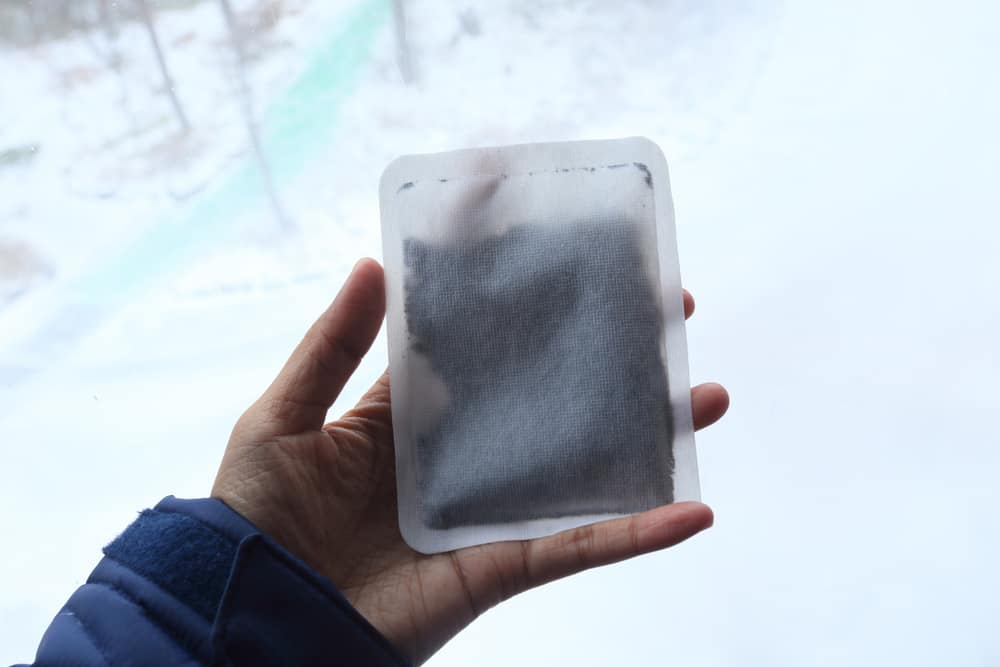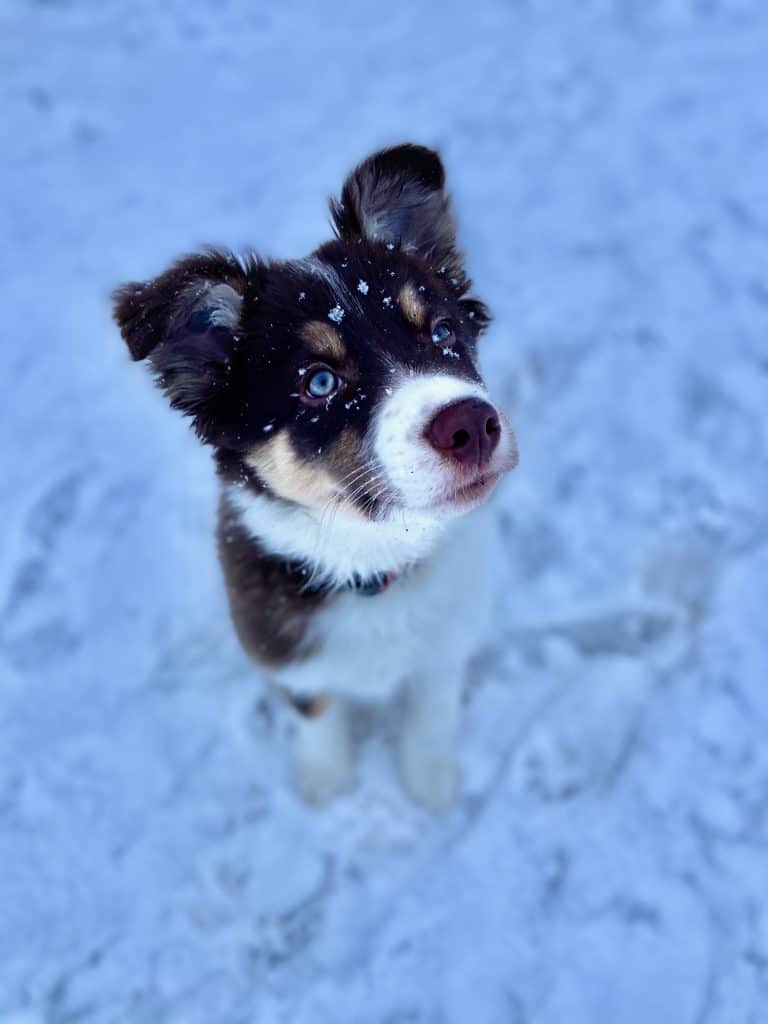“This post contains affiliate links, and I will be compensated if you make a purchase after clicking on my links.”
Instant hand warmer packets may keep you nice and toasty as temperatures drop, but the iron inside poses a serious threat to our furry family members.

When the temperatures plummet, many people turn to chemical hand warmers to keep toasty when working or playing outside. What many people don’t realize, including pet lovers, is that many hand warmers contain iron and can be highly toxic to pets. Before temperatures get too cold this year, the toxicology experts at Pet Poison Helpline are warning pet owners of the dangers these hand warmers pose to their furry family members.
It was late November 2020, and the Smith family had recently welcomed their new puppy Buoy into their home. Jaime Smith’s two children and their neighborhood friends went outside to play with Buoy in the backyard but returned quickly because of the cold.

“In Alaska, it gets freezing after October,” said Smith, who lives in Anchorage. “The kids came in and asked for help opening their hand warmer packages. They then went back outside and continued playing with Buoy. Shortly after they were finished playing, Buoy began to vomit. It looked like black tar, but we could see remnants of the hand warmer package paper. Our kids showed us their hand warmers in the trash can, so we suspected one of the neighbors had left theirs. When we spoke to the parents of one of the neighborhood kids who was here, we found that she had left her two used hand warmers on the playhouse outside. When we investigated, we found remnants around the yard. Apparently, Buoy had shredded them and ingested some of the contents. As soon as we realized what had happened, we called Pet Poison Helpline.”
“Buoy was very fortunate that the Smiths not only realized he had ingested the hand warmer contents, but that they knew enough to call our toxicology experts for advice,” said Ahna Brutlag, DVM, MS, DABT, DABVT, a board-certified veterinary toxicologist at Pet Poison Helpline. “Hand warmers contain iron and ingestion may result in vomiting, GI ulceration, shock, cardiovascular compromise, and liver injury. As soon as we identified the chemicals in the hand warmers they had used, we recommended they immediately take Buoy to the nearest emergency hospital.”
Once they arrived at PET Emergency Treatment in Anchorage, the Helpline team recommended an immediate evaluation for decontamination, diagnostics, monitoring and supportive care. Buoy’s radiograph showed a large amount of iron product remained throughout his GI tract including the stomach and the small and large intestines. He was placed on IV fluids, received multiple warm-water enemas, administered Milk of Magnesia to minimize absorption of iron from the GI tract and was given gastroprotectants (omeprazole and sucralfate) for a week. Buoy spent the night in the hospital, but because the Smiths caught the ingestion early and immediately took him in for treatment, he recuperated quickly.
“It was really touch and go for a while,” said Smith, “Given that they had no history with the dog because he was a puppy, they did an amazing job.”
Pet Poison Helpline created Toxin Tails to educate the veterinary community and pet lovers on the many types of poisoning dangers facing pets, both in and out of the home. All the pets highlighted in Toxin Tails have been successfully treated for the poisoning and fully recovered.
About Pet Poison Helpline
Pet Poison Helpline, an animal poison control center based in Minneapolis, is available 24 hours, seven days a week for pet owners and veterinary professionals who require assistance treating a potentially poisoned pet. The veterinarians and board-certified toxicologists provide treatment advice for poisoning cases of all species, including dogs, cats, birds, small mammals, large animals and exotic species. As the most cost-effective option for animal poison control care, Pet Poison Helpline’s fee of $65 per incident includes follow-up consultations for the duration of the poison case. Pet Poison Helpline is available in North America by calling 800-213-6680. Additional information can be found online at www.petpoisonhelpline.com.


















